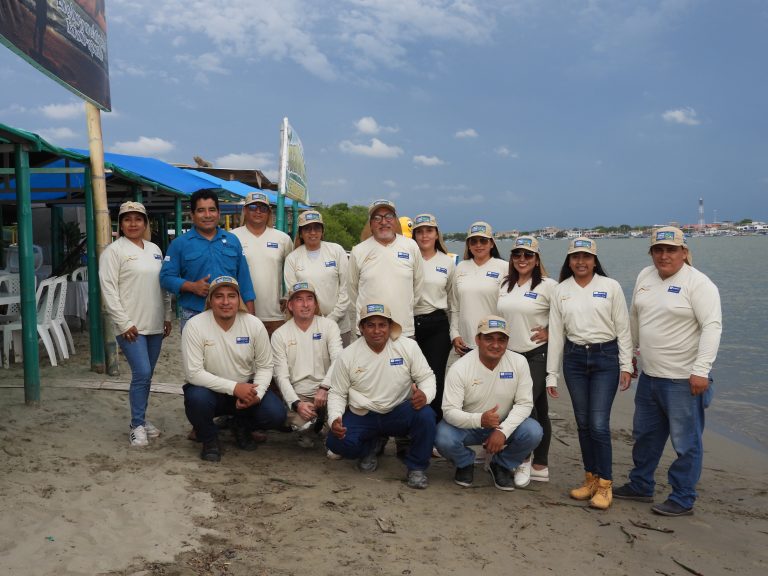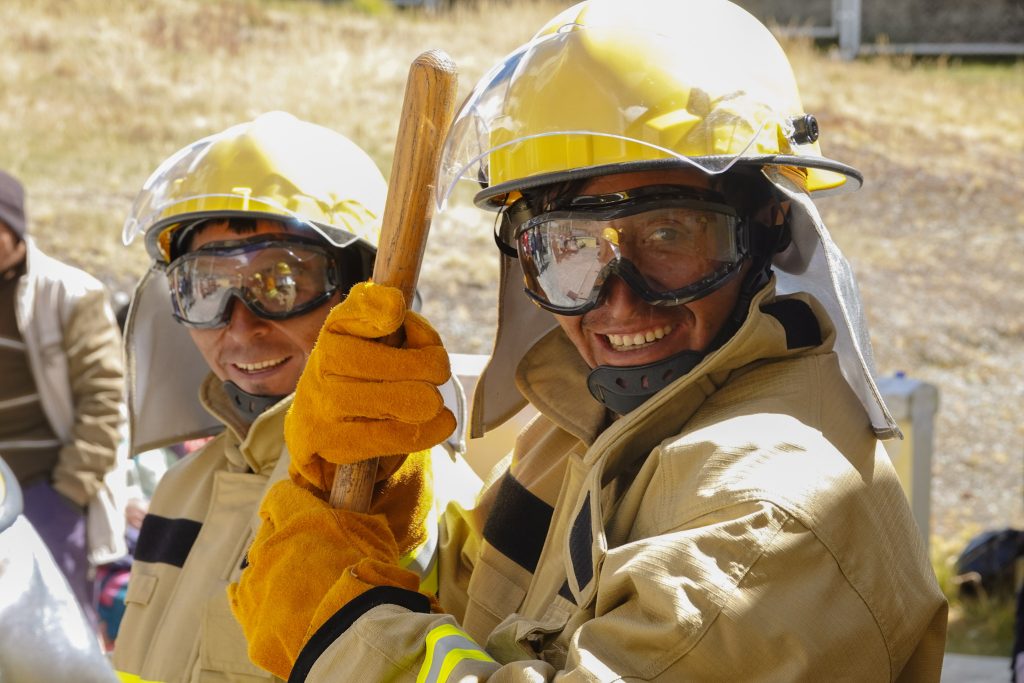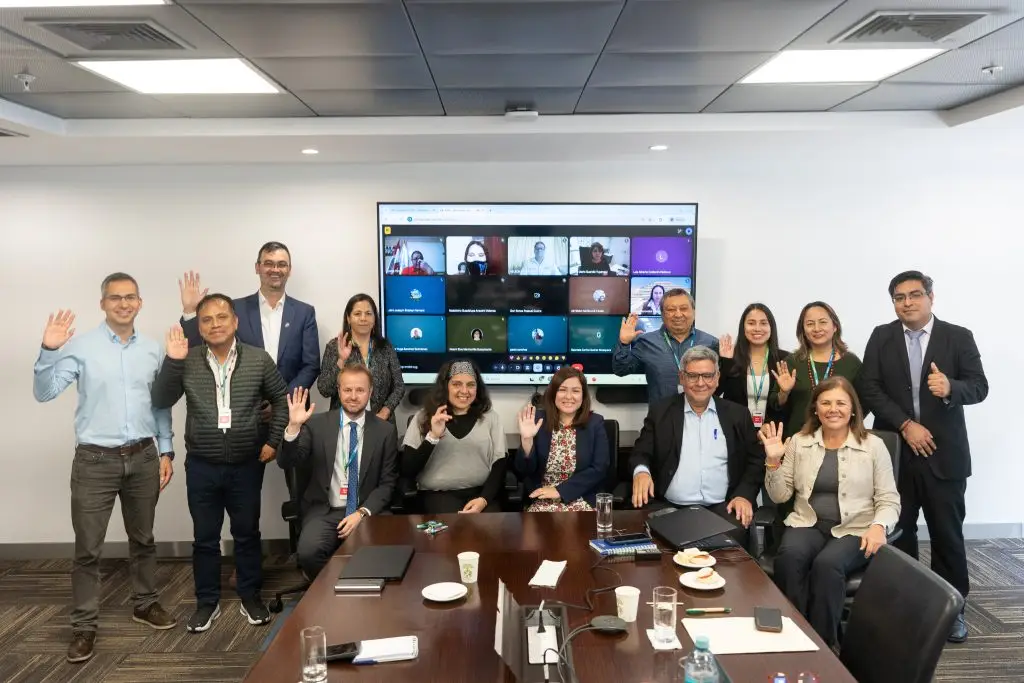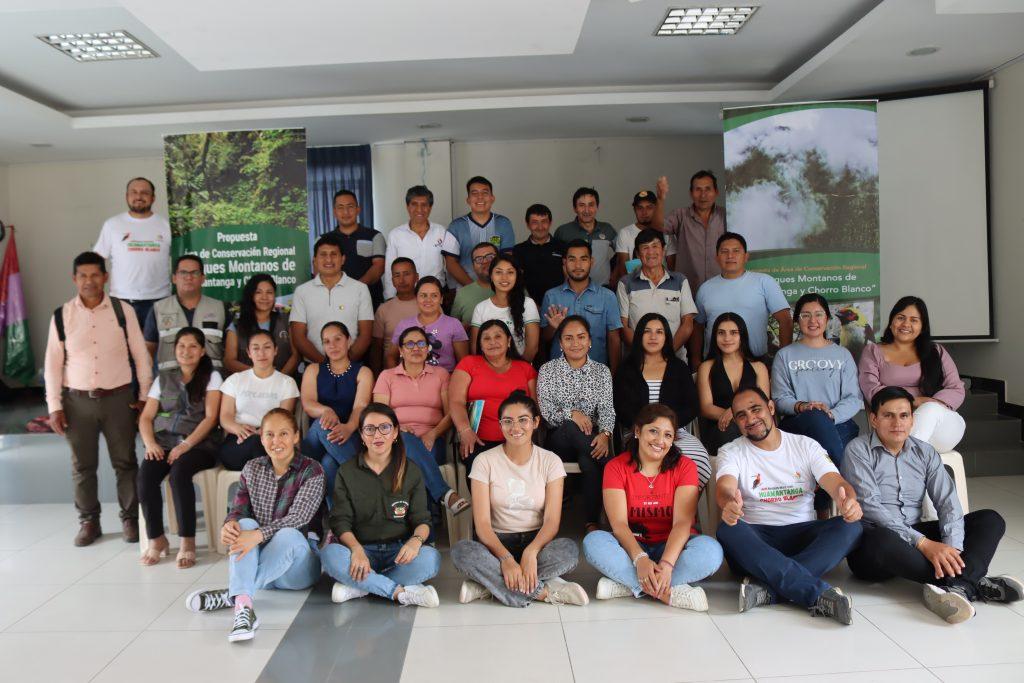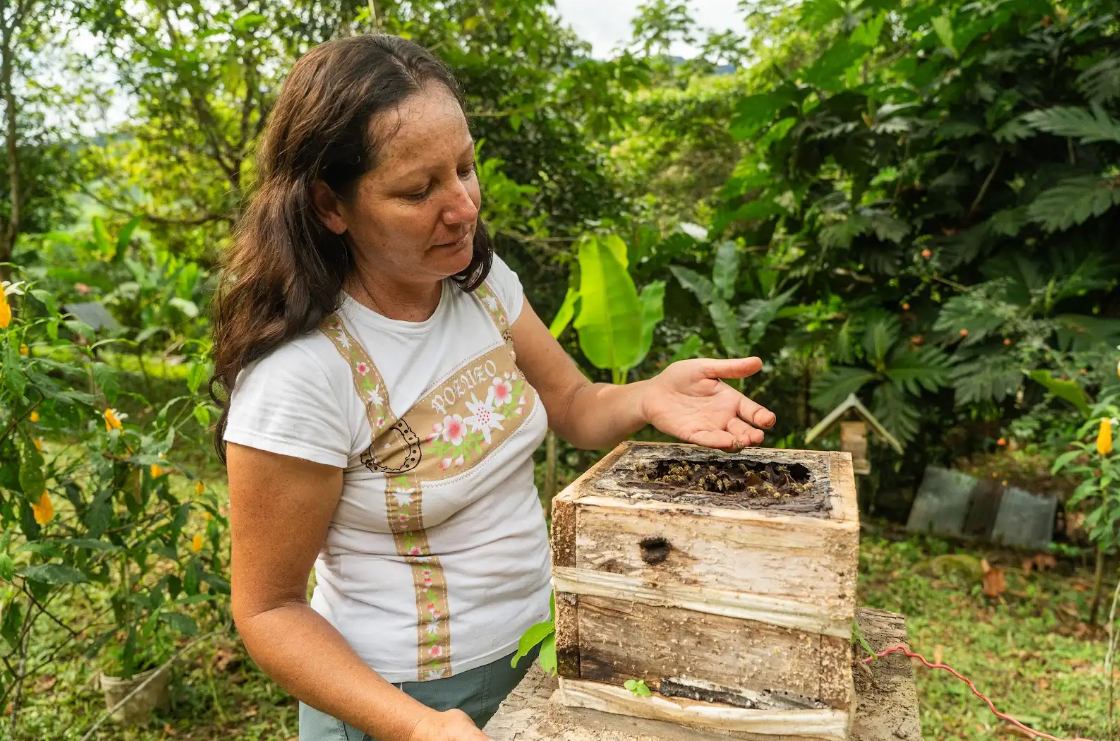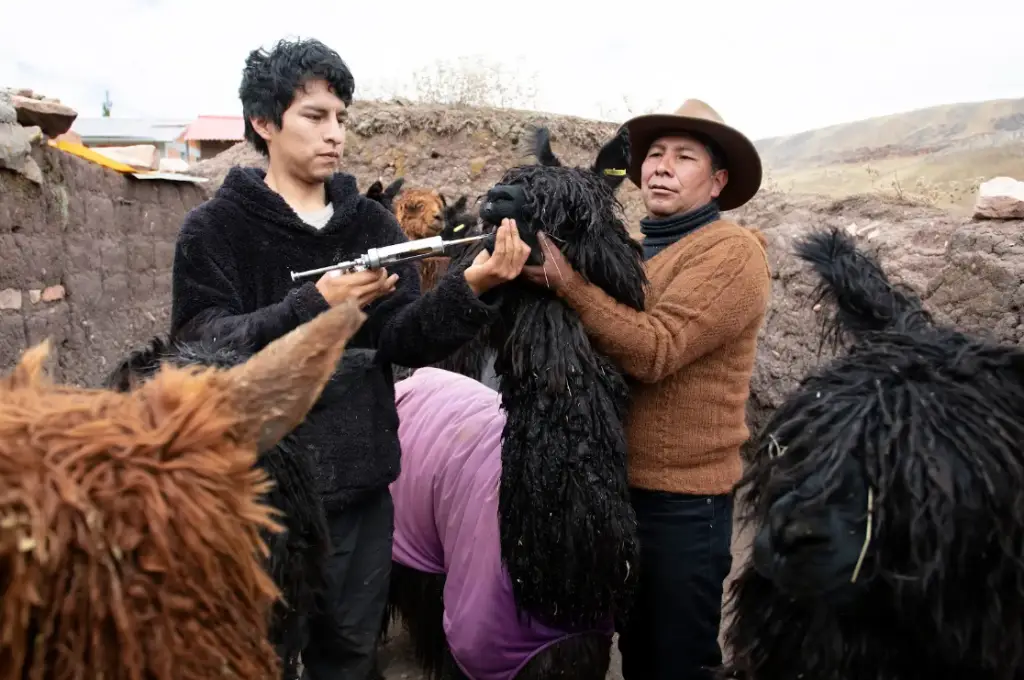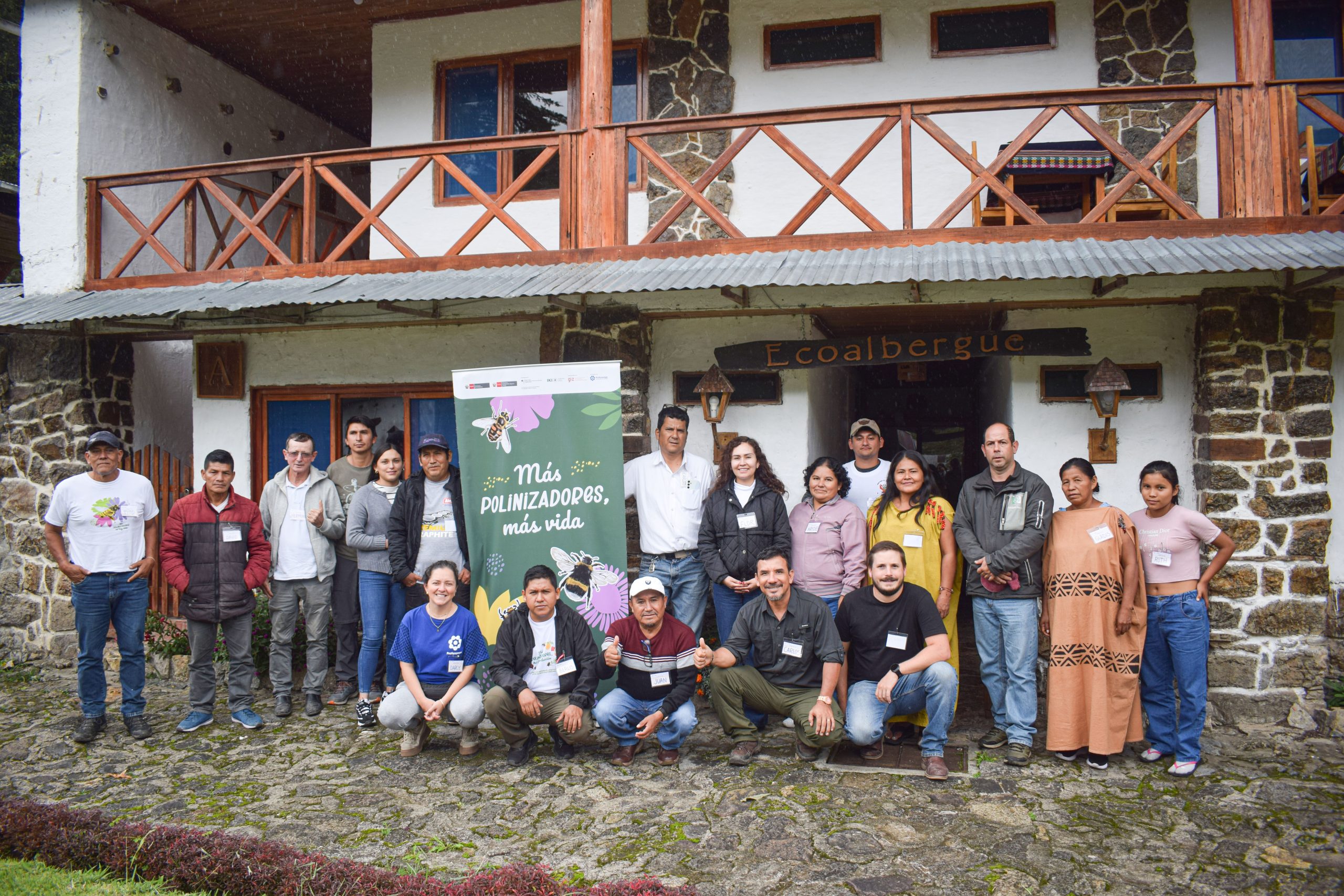Key Institutional Representatives and Stakeholders
Photo: CONMANOPE
Over 40 key stakeholders from the region participated in the first 2025 session of the Regional Forest and Wildlife Control and Surveillance Board (MECVFFS) in Tumbes. During the meeting, updates were presented on the most significant conservation project currently under development: the proposal for the creation of the “Tumpis Mangrove” Regional Conservation Area (RCA). This effort is being driven by CONMANOPE in coordination with the Regional Government of Tumbes and supported by the Conserva Aves Initiative. The day’s agenda combined technical training, institutional dialogue, and a field visit to strategic mangrove ecosystem areas.
This inter-institutional coordination body aims to strengthen the collaboration among actors involved in the management, control, and surveillance of natural resources, with a specific focus on strategic ecosystems such as the mangrove.
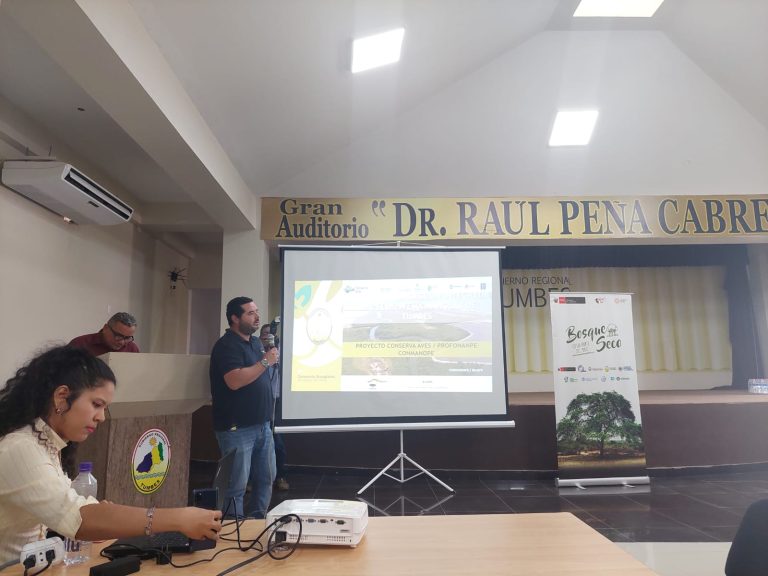
Presentation by Eng. Salvador Morales Brown
Photo: CONMANOPE
Conservation Proposal for Tumbes Mangroves
During the session, Eng. Salvador Morales Brown, representative of the CONMANOPE Consortium, outlined the technical and social aspects of the proposal to establish the RCA Manglares de Tumpis. The presentation covered the ecological rationale, the delimitation criteria, and the critical importance of conserving over 5,000 hectares of mangroves that sustain both biodiversity and the livelihoods of local communities.
The proposal for the creation of the RCA Tumpis Mangrove is designed not only to establish a legal protection category but also to promote a participatory governance model. This framework seeks to strengthen the role of communities, foster institutional collaboration, and ensure the sustainable management of the territory. Attendees widely welcomed the proposal, valuing its comprehensive approach.
Field Visit to El Bendito and ACA Puerto Pizarro Sectors
In the afternoon, participants conducted a field visit to the El Bendito sector (buffer zone of the Los Manglares de Tumbes National Sanctuary) and ACA Puerto Pizarro, both located within the proposed polygon for the RCA. This excursion allowed for direct observation of the ecosystem’ characteristics and the threats it faces, such as urban pressure and waste accumulation.
During the journey, key areas of high biodiversity were identified, which are essential as corridors for resident and migratory birds. The experience also facilitated dialogue among institutions and local organizations, thereby reinforcing shared responsibility for the protection of the territory.
Beyond the technical aspect, the visit generated an emotional connection with the environment, solidifying a shared vision regarding the urgency of establishing the RCA Tumpis Mangrove under a framework of participatory environmental governance.
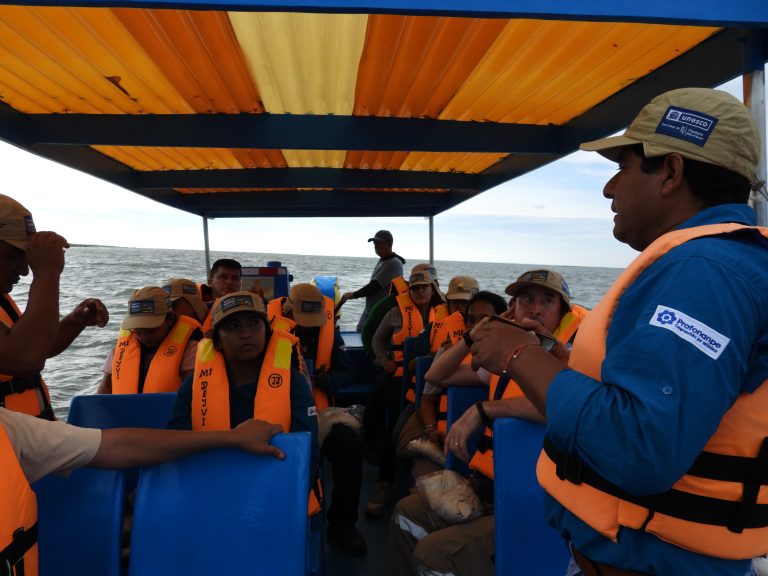
Technical Boat Visit through the Proposed RCA Polygon
Photo: CONMANOPE
These efforts are part of a comprehensive process aimed at consolidating the RCA Tumpis Mangrove, ensuring its official recognition and sustainable management. The combination of workshops, training sessions, and field visits strengthens the involvement of local stakeholders and enhances decision-making within the territory.
Capacity building is essential to guarantee the sustainability of the RCA. When communities are empowered with technical knowledge and management tools, they transform into key conservation allies, securing a participatory, effective, and adaptive management strategy to address environmental challenges.
The Conserva Aves Initiative is led by American Bird Conservancy (ABC), National Audubon Society (Audubon), BirdLife International, Birds Canada, and the Latin American and Caribbean Environmental Funds Network (RedLAC). The national partners leading the execution in Peru are Profonanpe and ECOAN, with funding provided by the Bezos Earth Fund.
Contact
Henrry Preciado Chune
Project Manager for Conserva Aves at CONMANOPE
hpreciado@consorciomanglares.pe


